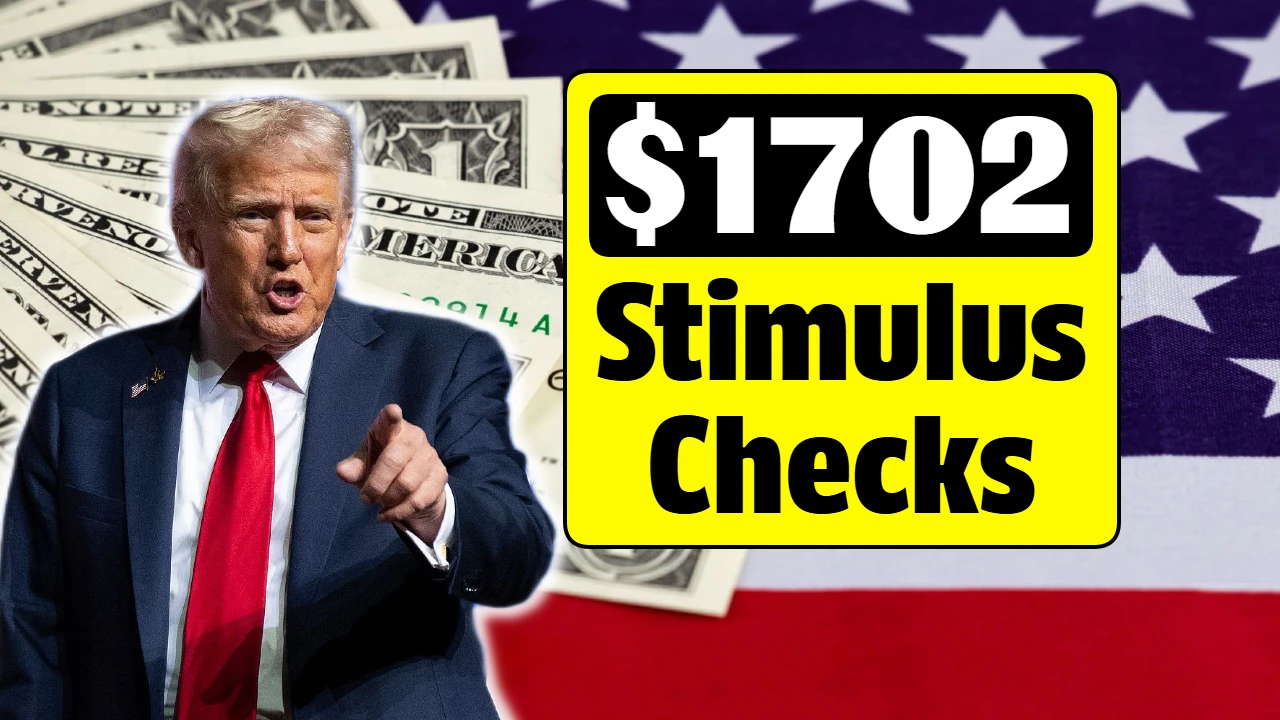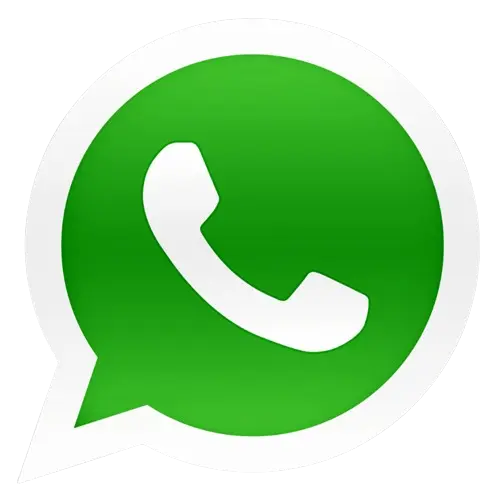$1,702 Stimulus Payment:As the holiday season approaches, millions of Americans are about to receive some good financial news—a $1,702 stimulus payment officially begins in November 2025. Designed to provide financial relief amid rising expenses, this payment is intended to support low- and middle-income families feeling the effects of inflation and higher utility costs.
With food prices, rent, and healthcare still weighing heavily on budgets, the federal government’s new round of payments comes as a sigh of relief. If you’re wondering who qualifies, when you’ll receive it, and how to check your payment status, here’s everything you need to know about the $1,702 stimulus payment for November 2025.
What is the $1,702 stimulus payment?
The $1,702 stimulus payment is part of a federal effort to provide financial assistance to U.S. citizens facing ongoing financial challenges. This initiative is overseen by the Internal Revenue Service (IRS) in collaboration with the U.S. Department of the Treasury. It aims to target working families, retirees, and beneficiaries who have been most affected by economic pressures.
Unlike pandemic-era stimulus checks, this payment is not linked to emergency relief, but to ongoing efforts to stabilize household finances, boost consumer spending, and stimulate local economies before the end of 2025.
Who Is Eligible for the $1,702 Payment?
Eligibility for the November stimulus payment largely depends on income levels and residency status. Here’s the breakdown:
-
U.S. Citizenship or Residency:
You must be a U.S. citizen or permanent resident with a valid Social Security number. -
Income Requirements:
The payment amount is determined based on your 2024 tax return:-
Single filers: Income up to $75,000 qualify for the full $1,702.
-
Married couples (joint filers): Income up to $150,000 qualify.
-
Heads of households: Income up to $112,500 qualify.
-
Those earning above these limits will receive reduced payments based on a phase-out formula.
-
-
Dependents and Seniors:
Families with dependents, as well as Social Security (SSA), Supplemental Security Income (SSI), SSDI, and Veterans Affairs (VA) beneficiaries, are automatically included in the eligibility list. -
Tax Filers & Non-Filers:
If you filed taxes for 2024 or receive federal benefits, the IRS will use your latest records to determine your payment. Non-filers can still qualify by submitting a simplified return through the IRS portal.
When will Payments Be Sent?
The IRS payment schedule for November 2025 is provided to ensure a smooth rollout for all eligible individuals.
Phase 1 (Direct Deposit):
Payments are expected to begin November 8, 2025, for those with valid banking information on file with the IRS. Most direct deposits should be completed by November 20, 2025.
Phase 2 (Paper Checks and Debit Cards):
Paper checks and prepaid debit cards will begin shipping from November 22 to November 30, 2025. Delivery times may vary depending on Postal Service delays and location.
To check your payment status, visit the official IRS “Get My Payment” portal, where you can confirm whether your payment has been processed or scheduled.
How to Check Your Payment Status
You can monitor your $1,702 stimulus payment by:
- Go to IRS.gov/GetMyPayment.
- Log in using your Social Security number or Individual Taxpayer Identification Number (ITIN).
- Review your payment method (direct deposit, check, or debit card).
- Check the expected payment date and amount.
If your bank details or address have changed since your last filing, be sure to update your information before October 31, 2025, to avoid delays.
IRS Instructions for Those Who Don’t File Tax Returns and Are Benefit Recipients
The IRS has simplified the process for those who don’t file tax returns, especially senior citizens and people with disabilities who don’t typically file tax returns. If you receive SSA, SSI, SSDI, or VA benefits, your payment will be automatically issued using your existing records.
However, if you’ve recently changed banks or addresses, you’ll need to update this information in your My Social Security or IRS online account to ensure the funds go to the right place.
Why the $1,702 Payment Is Important
For millions of Americans, this payment is more than just a number—it’s a vital financial cushion. Many families plan to use the funds to pay past-due bills, buy groceries, manage heating costs, or prepare for the holiday season.
The $1,702 stimulus check also provides a psychological boost—it reminds citizens that their hardships are recognized and help is on the way. In many small communities, this money is expected to go directly to local stores and essential services, boosting the broader economy.
Final Thoughts
The November 2025 stimulus payment of $1,702 is a key milestone in the ongoing federal effort to provide financial relief. Whether you’re a retiree on a fixed income, a working parent juggling multiple jobs, or a veteran relying on benefits, this payment aims to ease the burden and support households during the winter months.
Keep your IRS records updated, monitor official communications, and avoid scams. Once your payment is processed, it should arrive directly in your account or by mail within a few weeks.
FAQs: $1,702 Stimulus Payment – November 2025
Q1: When will I receive my $1,702 stimulus payment?
Most direct deposits will be sent between November 8 and November 20, 2025, while checks and debit cards will be mailed by November 30.
Q2: Do seniors on Social Security qualify automatically?
Yes. Seniors receiving SSA, SSI, SSDI, or VA benefits will receive the payment automatically.
Q3: Is this payment taxable?
No, the $1,702 stimulus payment is not taxable and does not affect other federal benefits.
Q4: What if I didn’t file taxes in 2024?
You can still qualify by filing a simplified return or updating your records through the IRS portal before October 31, 2025.
Q5: How can I avoid scams related to the stimulus payment?
Only trust information from IRS.gov. The IRS will never call, text, or email you to ask for your bank or Social Security details.

